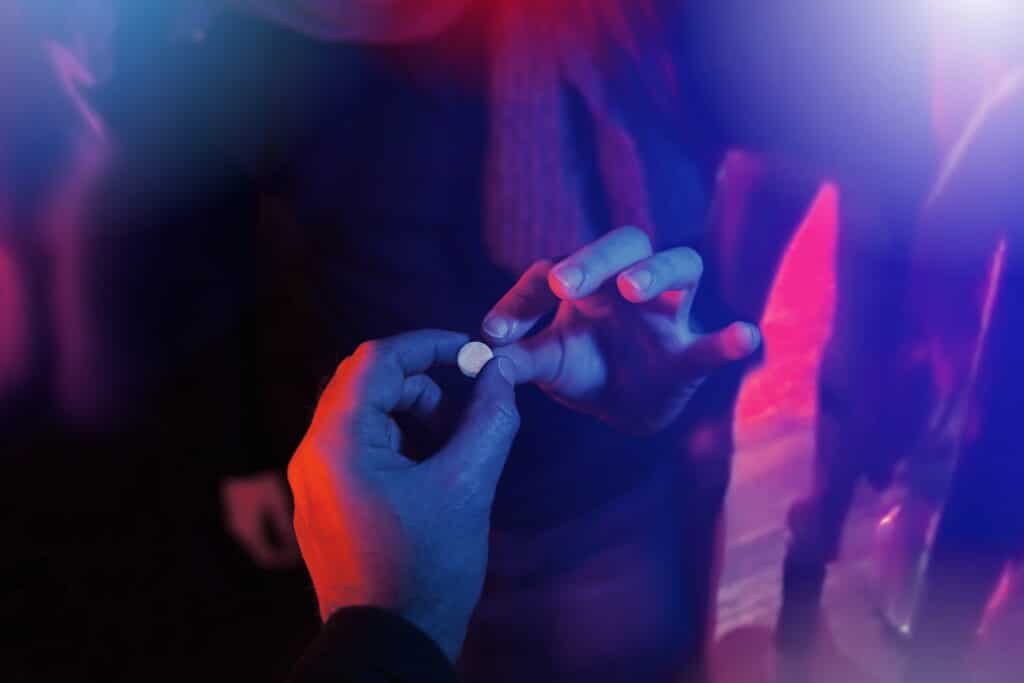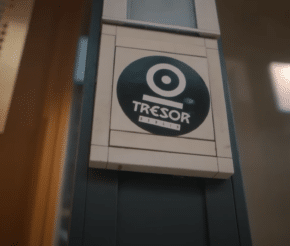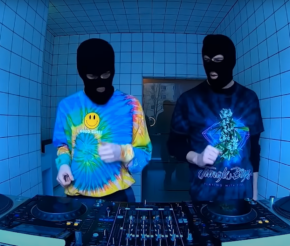- Advertise
-
Subscribe
Drug-Testing Facilities Improve Festival-Goers’ Safety, New Report Finds

Drug-testing services at music festivals curb the amount of drug-related incidents, according to a new UK study.
As part of the academic journal Drugs, Habits and Social Policy, the joint report from the University of Liverpool and harm-reduction charity The Loop collected data from seven UK festivals through anonymous self-report surveys.
By analyzing 2,672 substances and surveys from 2,043 festival-goers, the study looked at both the upsides and downsides of drug testing at music festivals. According to the report, drug-checking facilities did not increase the number of drugs on-site.
Instead, nearly two-thirds (61%) of the focus group disposed of drugs if they weren’t sure the substances matched the purchase intent. MDMA, ketamine, and cocaine were the most commonly identified substances, making up three-quarters of all tested drugs.
Although 84% of the binned substances were what the users expected, drugs acquired on-site were significantly more likely to have been duped than those purchased off-site.
The report also noted there were no drug-related deaths at the seven music festivals where drug-testing facilities were present.
Harm-reduction organization The Loop was granted charity status earlier this week after the Charity Commission determined drug checking as a legal and charitable activity in the UK.
Its new status coincided with Katy Porter’s appointment as The Loop’s CEO.






